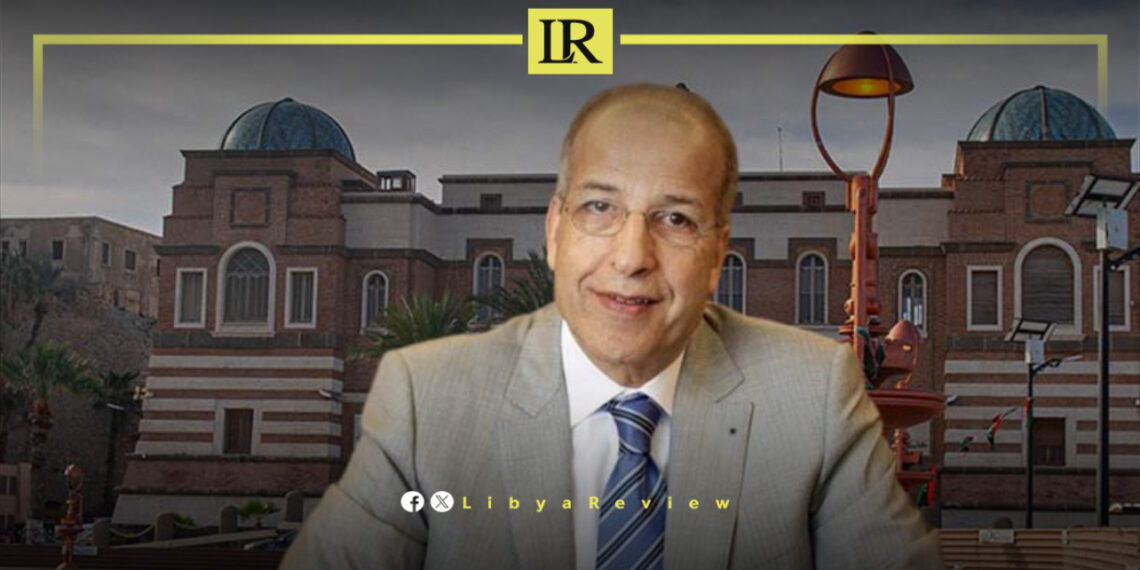On Saturday, the Governor of the Central Bank of Libya (CBL), Al-Siddiq Al-Kabir, announced that over 30 major international financial institutions have severed their ties with the bank. This significant development leaves Libya increasingly isolated from the global financial system, further complicating the country’s efforts to stabilize its economy amid political turmoil.
In an interview with Reuters, Al-Kabir confirmed that, despite this global financial isolation, the CBL’s domestic operations continue to function normally. Internal systems have been restored, allowing for the smooth payment of public sector salaries and efficient local transactions.
However, Libya’s access to its foreign reserves and overseas assets has been effectively cut off, exacerbating the country’s economic difficulties.
The isolation comes at a critical time, as Libya’s primary source of revenue—oil production—remains paralyzed by ongoing political divisions. Oil, which accounts for 95% of Libya’s exports, has historically been the engine of the economy.
With production at a standstill due to internal conflicts, the loss of access to international banking further complicates the government’s ability to manage the national economy, fund essential services, and stabilize the Libyan dinar.
Libya’s political crisis lies at the heart of this economic isolation. The country has been divided between the internationally recognized Government of National Unity (GNU), led by Abdul Hamid Dbaiba in Tripoli, and the Parliament-designated administration in the east.
The two factions have been locked in a power struggle, vying for control of the country’s wealth and institutions, including the Central Bank.
Al-Kabir stressed the importance of respecting the Libyan Political Agreement, which was signed in Skhirat in 2015, and the ceasefire agreements reached in Geneva. He warned that any efforts to circumvent these agreements would further destabilize Libya, undermining its fragile peace process.
“If moves are made outside the framework of the political agreement, it would be an effective reversal of the legitimate accords in place,” Al-Kabir said. “I have no issue if changes are made through consultation between the House of Representatives and the High Council of State, but unilateral actions are unacceptable.”
He also emphasized the importance of international cooperation in preserving Libya’s political and economic stability. He pointed out that the Central Bank has been in talks with foreign partners to ensure adherence to the legal frameworks established by political agreements, and to protect the country’s fragile political progress.
Though Al-Kabir remains open to reform, he made it clear that any changes must be made within the legal boundaries of the political agreements in place. “We support change, but it must be carried out in accordance with the legislative authority and the political agreement with the High Council of State,” he said.
Al-Kabir warned that any attempts to undermine the independence of the Central Bank would worsen Libya’s financial situation. He criticized efforts to politicize the institution, noting that the Central Bank’s neutrality and independence are vital to maintaining financial stability. “Attempts to seize control of the Central Bank will not serve the interests of the Libyan people, nor will they benefit the country,” he said.


